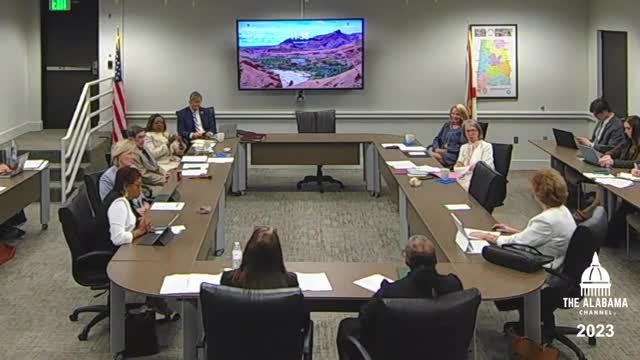Education Leaders Propose Incentives to Attract Teachers to Challenged Schools
August 09, 2025 | Alabama State Department of Education, State Agencies, Executive, Alabama
Thanks to Scribe from Workplace AI , all articles about Alabama are free for you to enjoy throughout 2025!

This article was created by AI using a video recording of the meeting. It summarizes the key points discussed, but for full details and context, please refer to the video of the full meeting. Link to Full Meeting
The conversation highlighted the potential for legislative support in creating incentives that could draw talented teachers to these regions. The speaker suggested that if the Board presents a well-structured proposal to the legislature, it may garner the attention and support needed to implement effective solutions. This could include initiatives such as loan forgiveness programs for teachers willing to work in high-need areas, which could alleviate financial burdens and encourage more educators to consider these positions.
Additionally, the discussion touched on the ongoing challenges of finding substitute teachers, a problem that many school systems face. The speaker expressed concern over the reliance on substitutes and the need for a more robust plan to ensure that classrooms are adequately staffed, especially during times when regular teachers are unavailable due to illness or other reasons.
The meeting underscored the critical role that teacher recruitment and retention play in the overall quality of education in Alabama. As the Board continues to explore solutions, the focus remains on creating a supportive environment that not only attracts teachers but also retains them in the long term. The outcomes of these discussions could significantly impact the educational landscape in Alabama, particularly in areas that have historically struggled to provide adequate educational resources.
Converted from Alabama Board of Education Work Session meeting on August 09, 2025
Link to Full Meeting
Comments
View full meeting
This article is based on a recent meeting—watch the full video and explore the complete transcript for deeper insights into the discussion.
View full meeting
